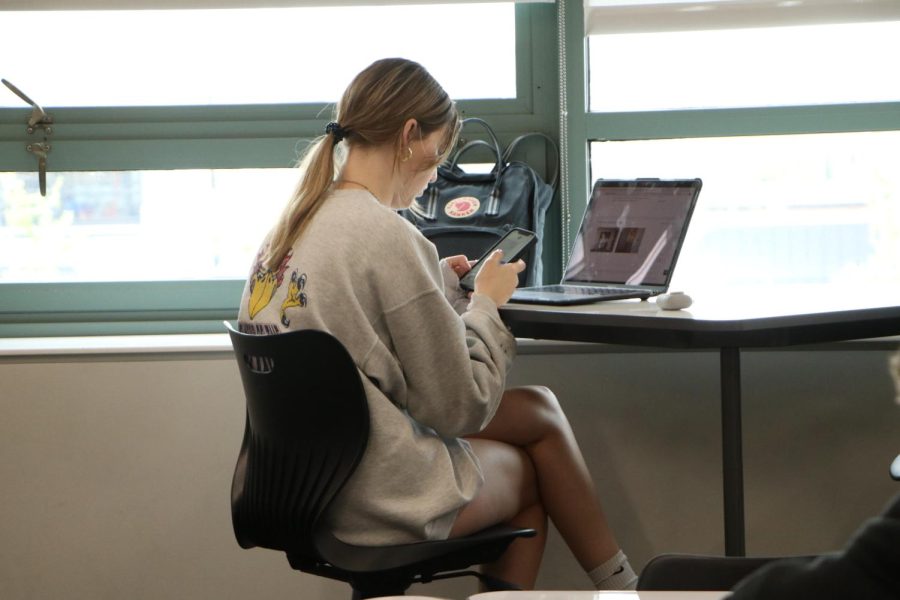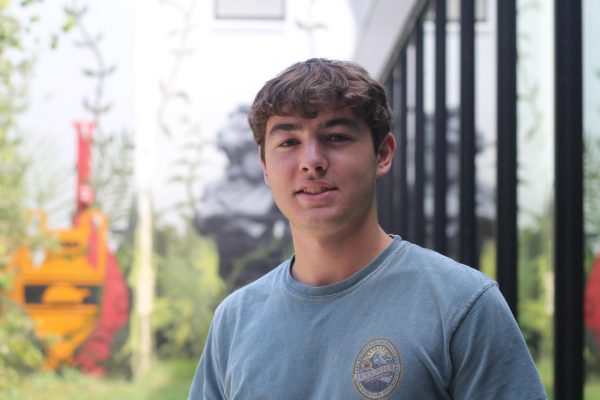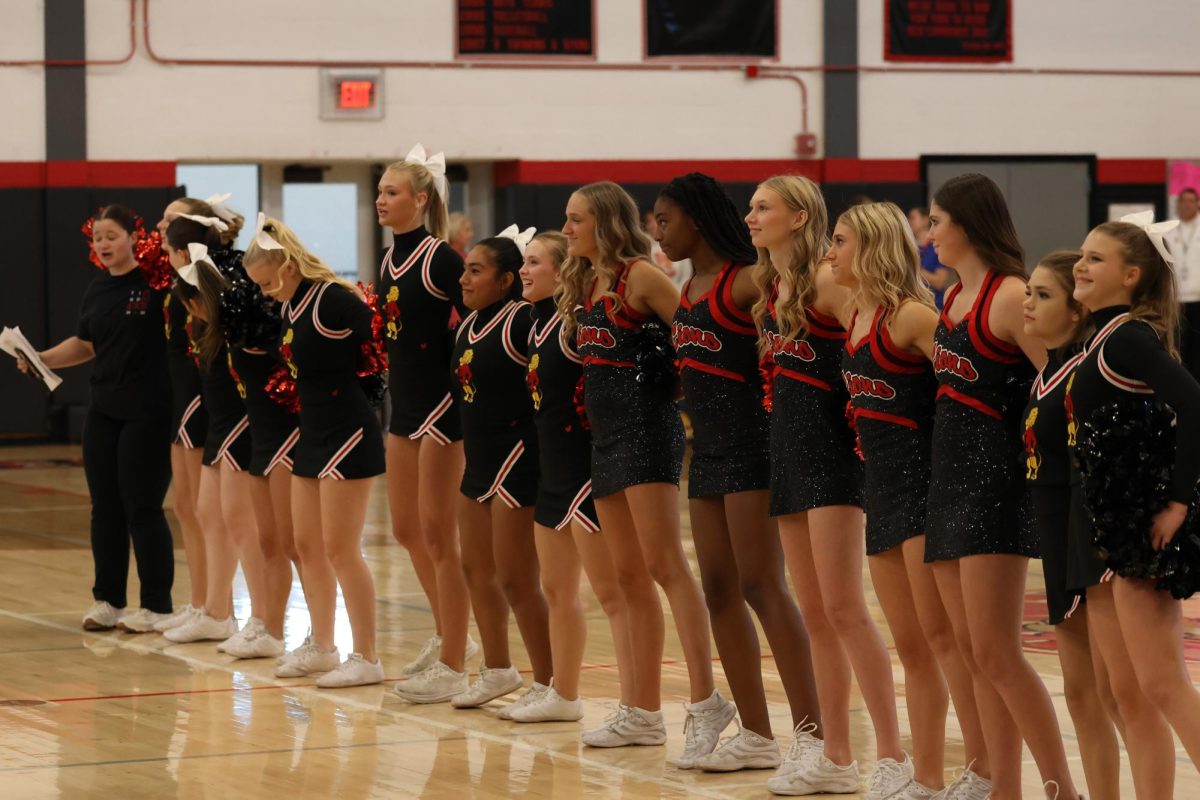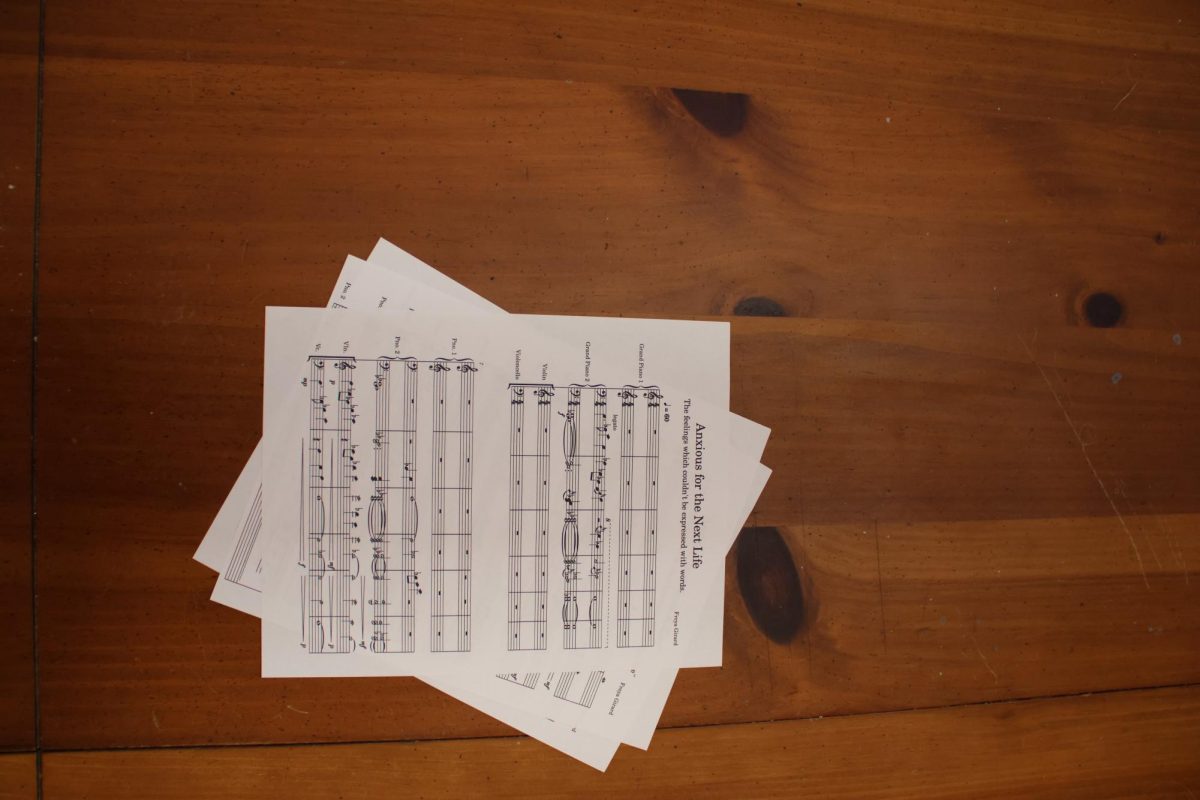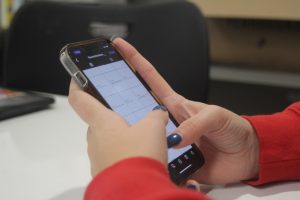Students, faculty weigh in on increased importance, usage of social media
Alden Parker-Timms and Danny Phalen
April 18, 2023
As social media consumes both academic and personal life, teens today feel it’s hard to escape the claws of social media platforms like TikTok, Instagram and Twitter. Within a few seconds of scrolling on any of these social media platforms, information overloads the brain.
“I get a new video every 15 to 60 seconds that can be about anything,” junior Annika Maximov said of TikTok. “So it is definitely overwhelming. Our attention spans and our ability to focus in school [are lowered] because we are getting information so quickly all the time.”
Both accessibility to information and the constant barrage of videos and media impacts the younger generation’s thinking, many faculty members say.
“There was a time when the school day ended, kids could go home, and kind of take a break from whatever drama happened at school,” LHS guidance counselor Jennifer Hare said. “But now it never ends. It’s 24/7.”
Social media allows teens to view a curated collection of students’ peers’ lives, inevitably this influences initial impressions of them.
“A lot of the time, people already have a vision of how they view this person,” senior Madison Luchsinger said. “So they go into meeting these people like that, knowing what their social media says about them.”
Many teens today feel that social media sets unrealistic expectations of ideal lifestyles. As a result, people often feel that they aren’t doing enough, or doing the right things according to criteria set by social media.
“People have the freedom to see the world and different opinions, but also it can have a negative effect just because there’s so much of it,” Maximov said.
“It has affected us with seeing everything and the idealized image of everything,” Luchsinger added. “Puts up a standard that everyone tries to reach for.”
In the age of the internet, humanity is connected in a way unlike ever before. This being said, many feel that social media has robbed us of real human interaction.
“There was a time that if you didn’t have a lesson plan that kept your kids super busy, the last five minutes of class, they would just kind of start talking and you know, chat, chat, chat,” Hare said. “Now when the lesson’s done, everybody just gets on their phone, and it is dead silent. So the way that you build relationships, it’s through everyday kind of having a shared exchange of something stupid.”
Growing up with the internet has poisoned unique moments in life through the constant necessity people feel to share what they’re doing. Peer pressure has been introduced on a whole other level, with FOMO and the intent to appear like a perfect version of yourself.
“It’s unfair and heartbreaking for kids,” Hare said.



